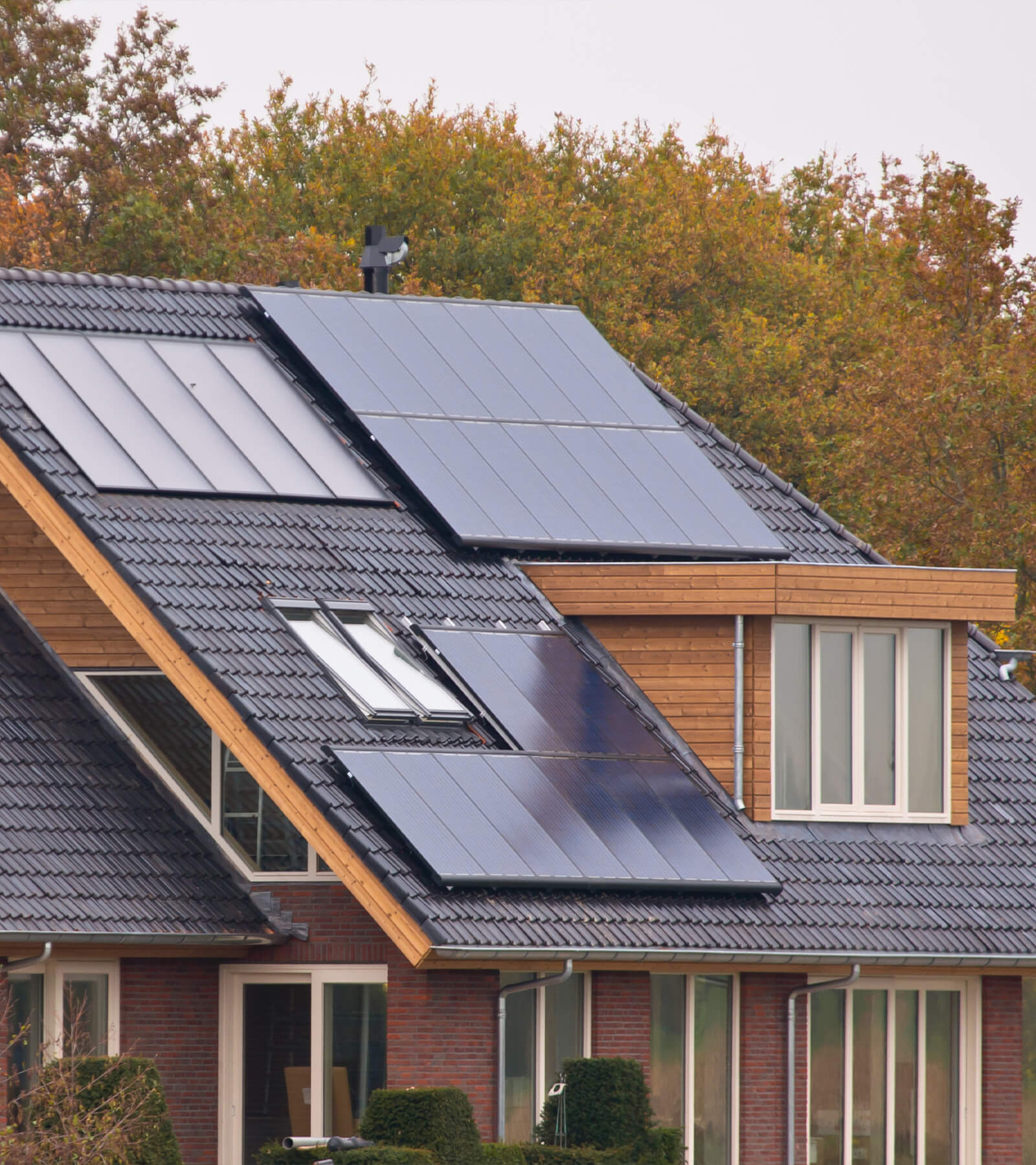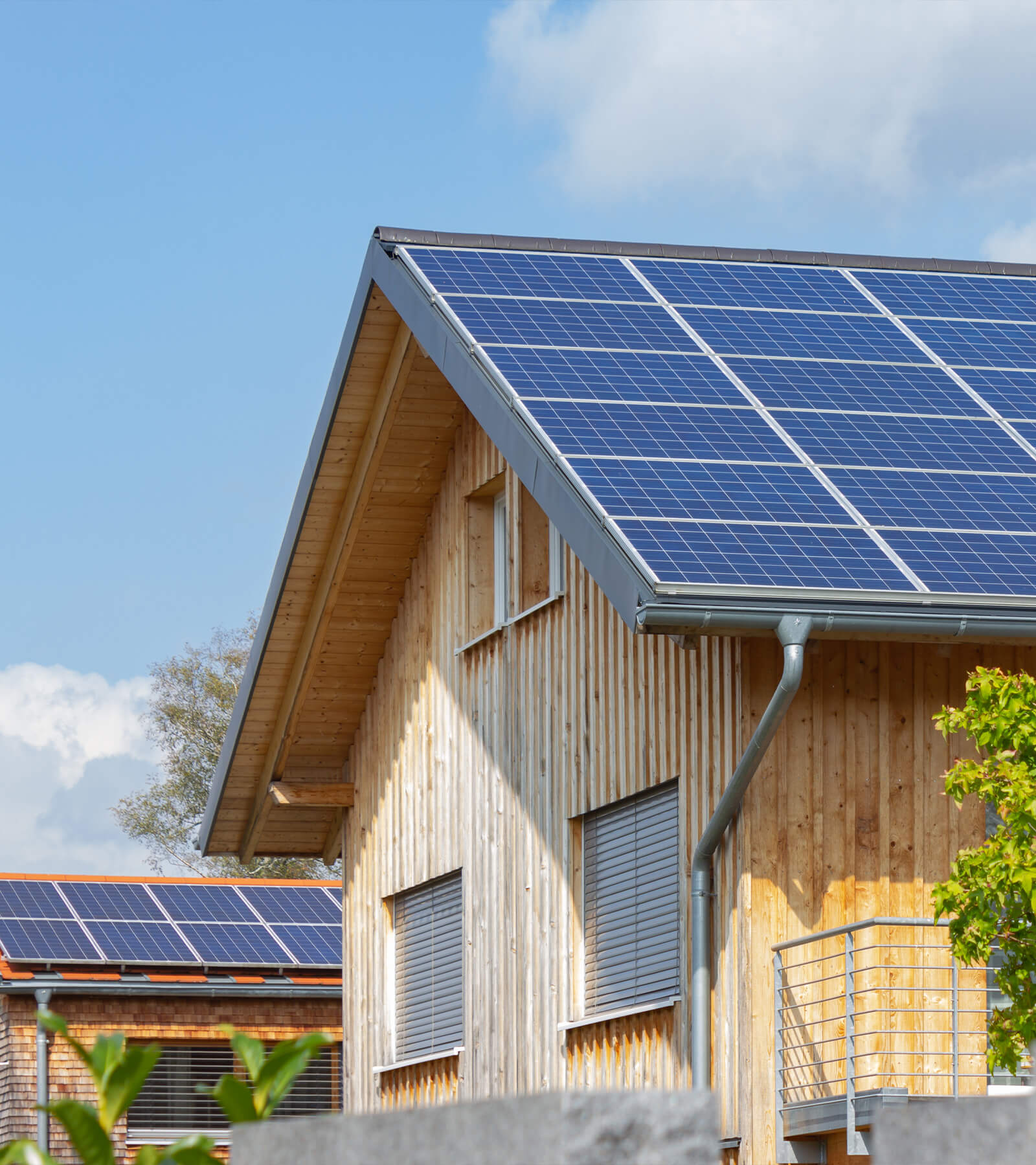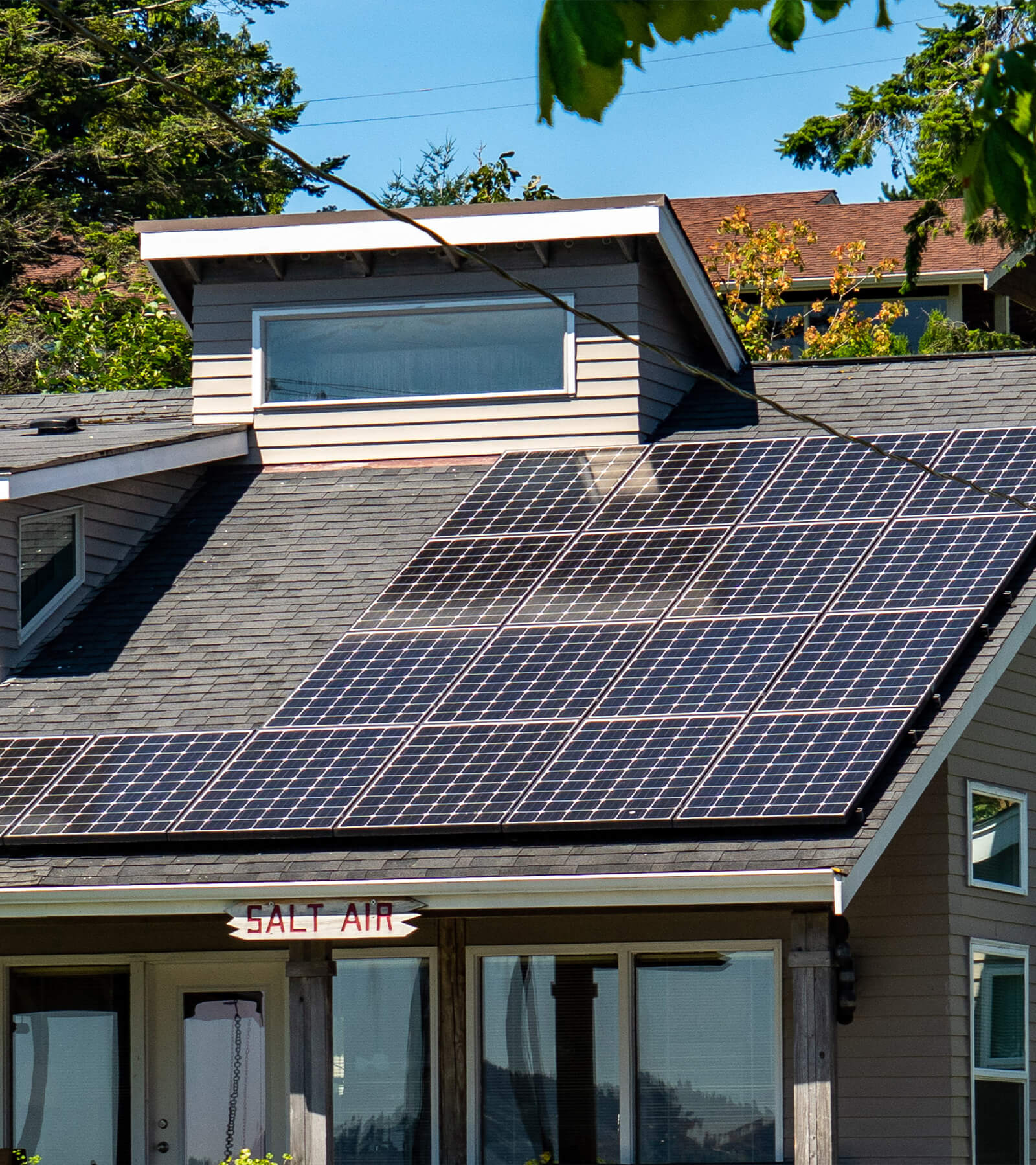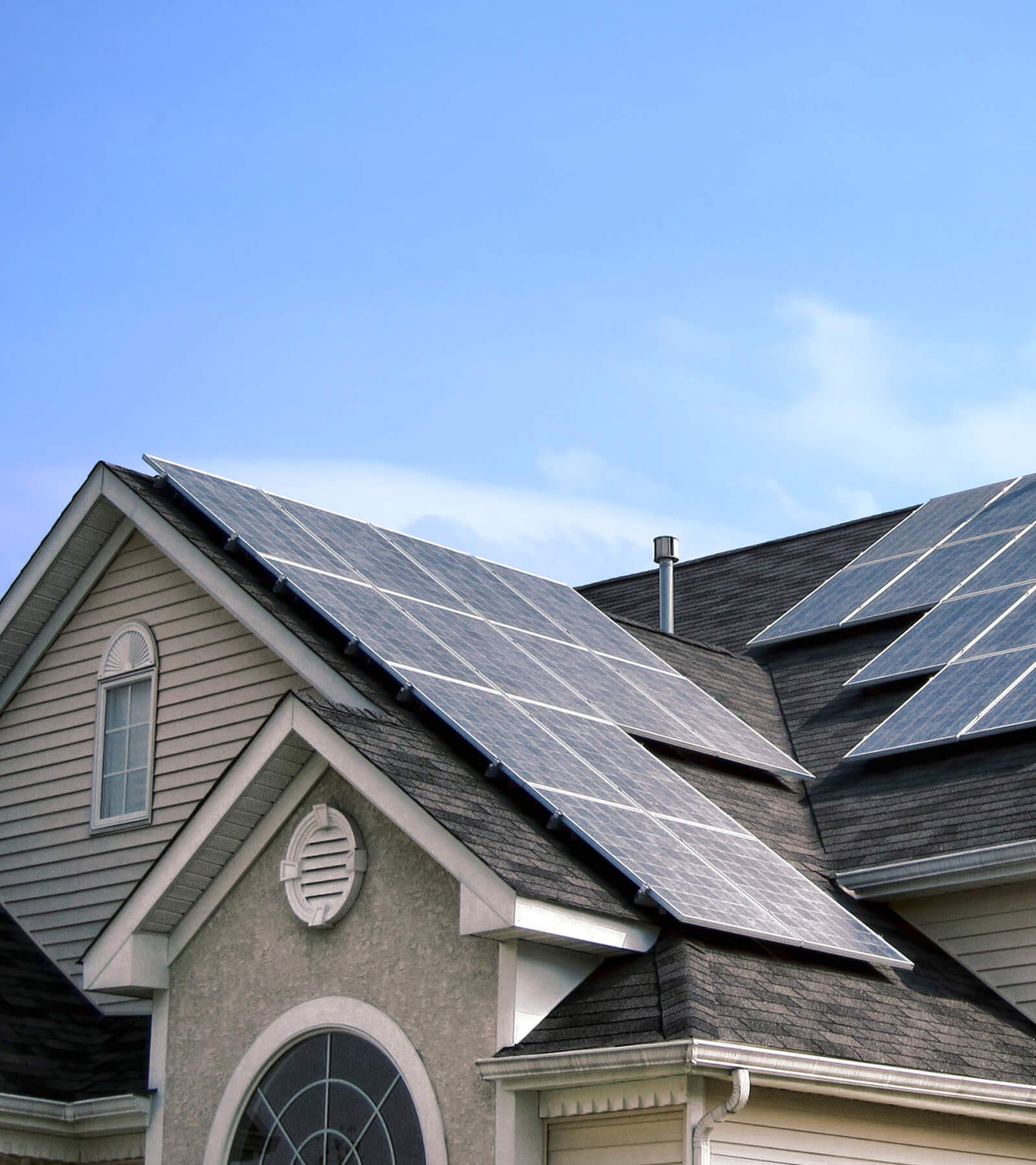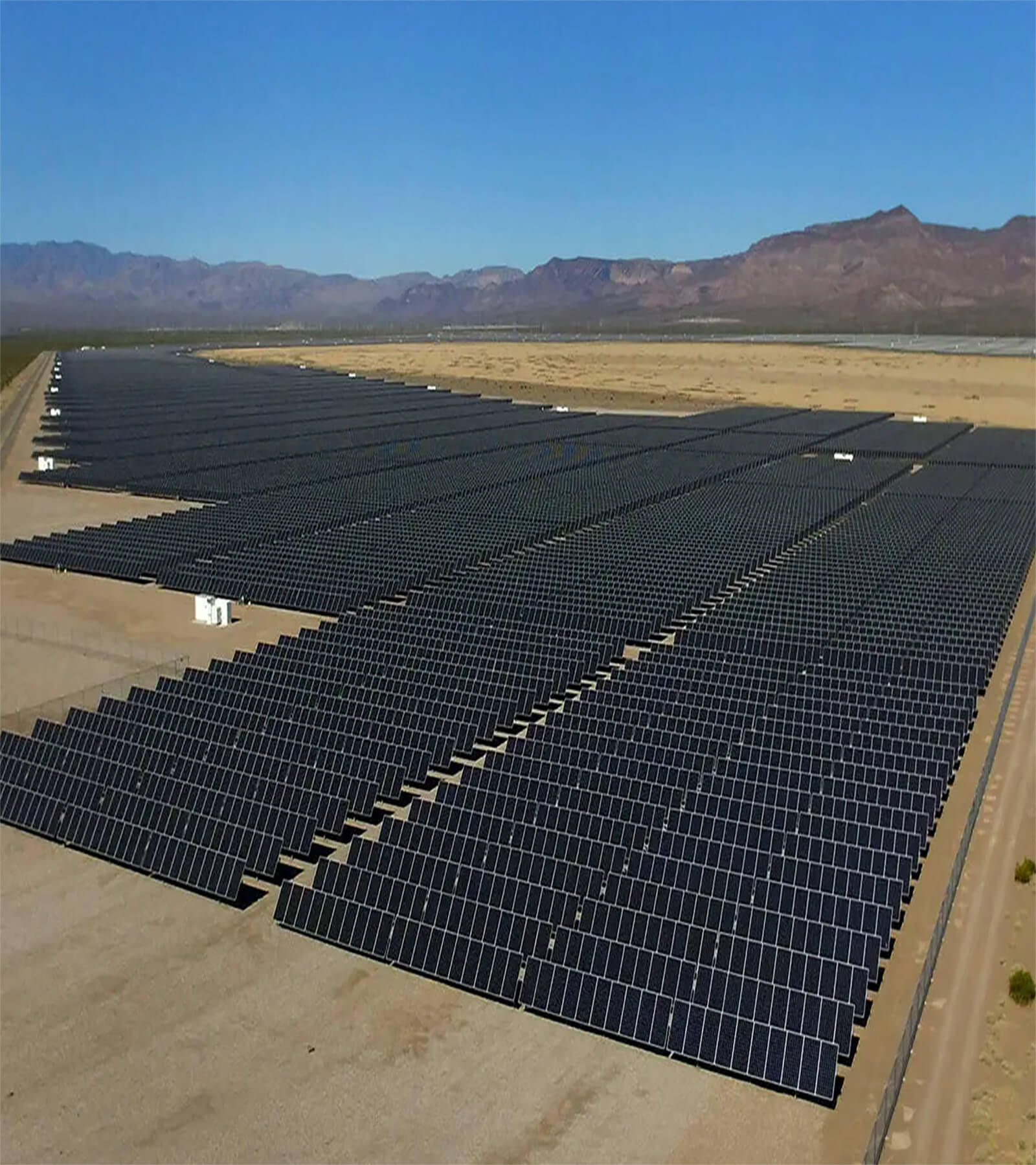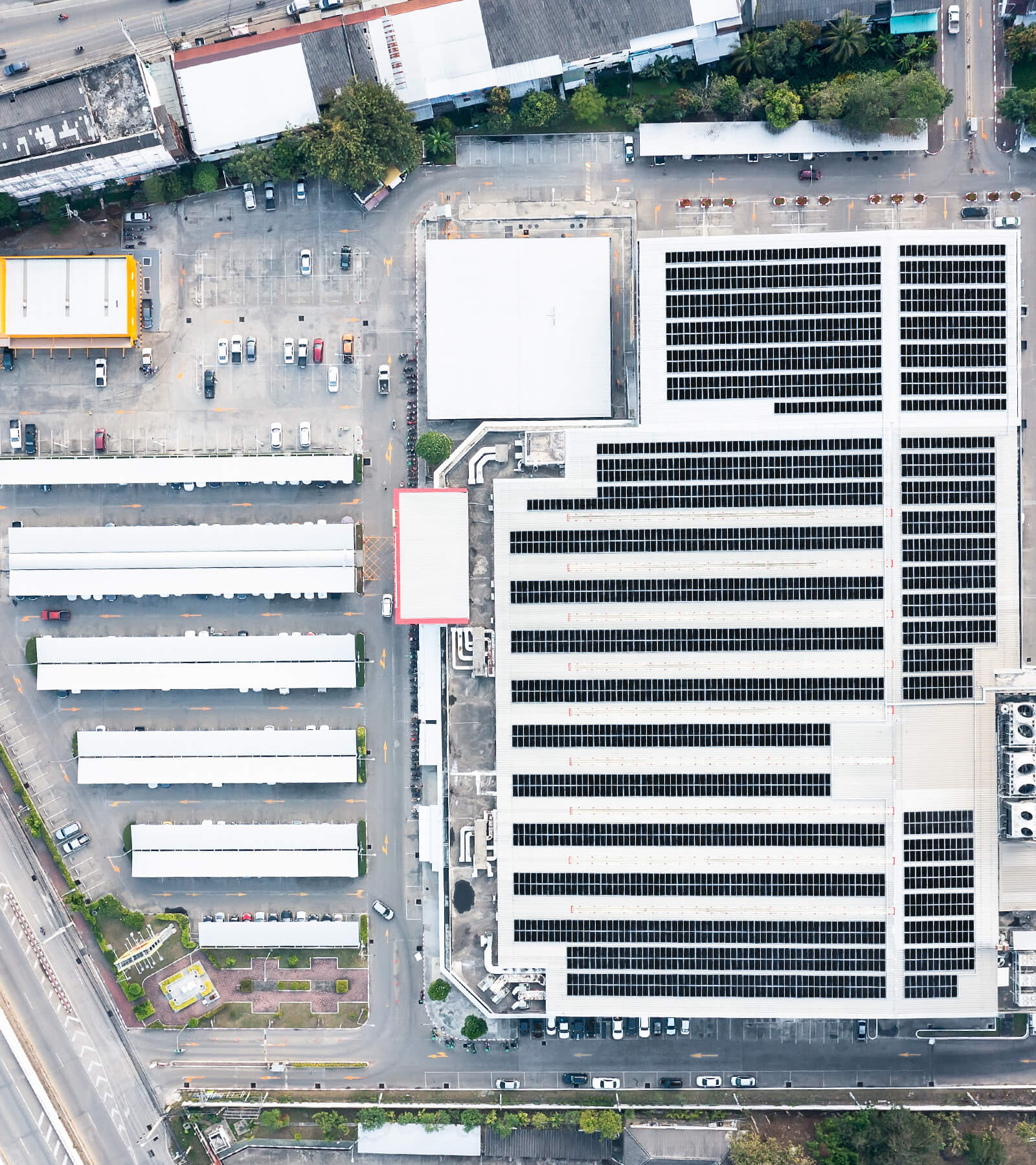In 2025, a Paris office tower became a poster child for sustainable cities by retrofitting its façade with a 16 kW solar system urban skyscrapers solution. Using transparent photovoltaic glass (12% efficiency), the building reduced HVAC energy use by 40%—proving urban giants can fight climate change without ugly panels. Tenants tracked savings via real-time dashboards (cue office rivalries over kWh scores), while engineers celebrated the fusion of aesthetics and innovation. Dive into how Maxbo Solar’s tech turned this skyscraper into a solar-powered icon, because saving the planet should never require sacrificing je ne sais quoi.
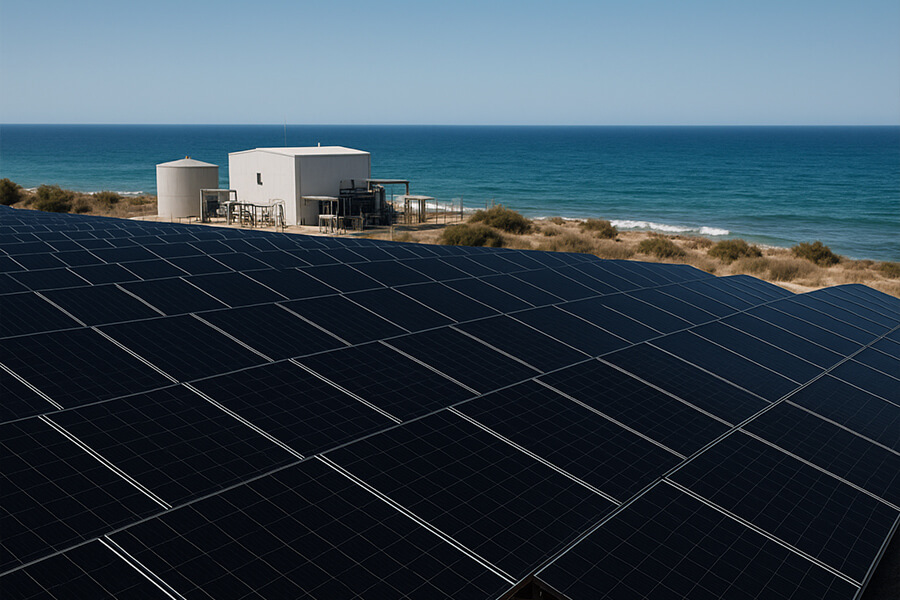
The Design: When Windows Double as Power Plants
Forget “business as usual.” In 2025, Paris’s retrofitted office tower rewrote the rulebook by swapping ordinary glass for transparent photovoltaic (PV) panels—turning its façade into a silent energy hustler. These panels, with a modest-but-mighty 12% efficiency (NREL, 2025), generate electricity while letting sunlight flood in. Think of it as high-tech multitasking: “Why choose between views and volts when you can have both?”
The Nuts, Bolts, and Dollar Signs
Let’s break down the magic (with receipts):
| Parameter | Traditional Rooftop Solar | Transparent PV Windows |
|---|---|---|
| Efficiency | 18-22% | 12% |
| Installation Cost | $4.50/W | €6.20/W (includes retrofit) |
| Aesthetic Impact | Visible racks, bulky panels | Seamless, invisible tech |
| Urban Integration | Limited to rooftops | Full façade potential |
Data sources: IEA Solar Update 2025, EU Building Energy Report
While rooftop panels still win on raw efficiency, transparent PVs dominate urban aesthetics—a critical factor in historic cities like Paris. The project’s 16 kW solar system cost €99,200 upfront but slashed annual HVAC expenses by €18,500 (thanks to reduced cooling loads and on-site power generation). Math nerds, rejoice: that’s a 5.3-year payback period—faster than a French waiter’s “Non” to ketchup on steak.
Why It’s Genius (Beyond the Obvious)
- No NIMBYs Here: Unlike rooftop solar, which often faces “not in my backyard” protests, these PV windows got a “Oui, s’il vous plaît” from locals. Their discreet design preserved the building’s iconic look while boosting its eco-cred.
- Double-Duty Windows: The panels block 30% of infrared radiation (EU Solar Glass Study, 2025), cutting AC use without tinting the glass. Tenants enjoyed natural light and lower bills—a win-win even pickier than a Parisian sommelier.
- Scalability: With urban skyscrapers accounting for 67% of EU office energy use (Eurostat, 2025), retrofitting glass façades could cut city-wide emissions by up to 12% by 2030.
Fun(ny) Fact
The building manager reported that tenants only noticed the upgrade when their energy bills began “doing the cha-cha slide downward.” One employee joked, “I thought the espresso machine got cheaper—turns out it’s just our windows working overtime.”
Science Nugget
Transparent PV panels use organic photovoltaic (OPV) cells, which absorb non-visible light wavelengths (Fraunhofer Institute, 2025). Translation: they’re like solar-powered ninjas—quietly efficient and invisible to the naked eye.
Savings & Shenanigans: 40% Fewer Bills, 100% More Bragging Rights
The numbers don’t lie: Paris’s solar-powered skyscraper slashed HVAC costs by 40% in 2025—equivalent to saving €18,500 annually (EU Energy Efficiency Report, 2025). But the real story? How tenants turned energy conservation into a sport (with croissants as trophies).
Crunching the Carbon (and Cash)
Let’s dissect the savings:
| Metric | Pre-Retrofit (2024) | Post-Retrofit (2025) | Change |
|---|---|---|---|
| Annual HVAC Costs | €46,300 | €27,800 | -40% |
| Tenant Energy Use | 285 kWh/m² | 210 kWh/m² | -26% |
| CO2 Emissions | 72 metric tons | 43 metric tons | -40% |
| “Lowest kWh” Competition Participation | 0% | 83% | +83% |
Data sources: IEA Building Performance Tracker 2025, Paris Urban Energy Audit
The 16 kW solar system contributed 32% of the building’s total energy needs, while tenant behavior changes (sparked by those dashboards) covered the remaining 8%. Turns out, nothing motivates like baked goods.
Tenant Dashboards: The Real MVP
Installed in January 2025, real-time energy dashboards let workers track usage floor-by-floor. By March, the 10th-floor marketing team launched a “Lowest kWh” contest, with a year’s supply of pain au chocolat as the prize. Results?
- 17% drop in off-hours energy waste (goodbye, forgotten printers).
- €2,100 saved annually from reduced plug-load consumption.
- A 3rd-floor accountant now famously unplugs the coffee machine at 5:01 PM. Every. Single. Day.
As one tenant put it: “I used to chase deadlines—now I chase kilowatt-hours. Turns out, both are addictive.”
Architectural Flex, Fossil Fuel Flexit
The building manager, Pierre Lefèvre, couldn’t resist a jab: “We didn’t just cut costs—we gave fossil fuels a French goodbye. Adieu, coal; bonjour, bifacial PV chic.” The project’s success has already inspired 14 urban skyscrapers across Europe to retrofit with similar systems, per the European Solar Council 2025.
Science Nugget
The dashboards use AI-powered nudges (e.g., “Your floor used 12% more energy than Finance—try closing blinds at noon!”) based on UN Behavioral Energy Efficiency Guidelines. It’s like having a climate-conscious Siri… minus the sarcasm.
Why This Matters for Urban Jungles
Cities account for 70% of global CO₂ emissions (UN Urban Emissions Report 2025), and skyscrapers alone guzzle 40% of urban electricity (IEA Global Building Stock Analysis). The Paris project isn’t just a shiny trophy—it’s a survival blueprint. Here’s why retrofitting urban giants matters:
The Math That Makes Mayors Sweat
| Urban Challenge | Traditional Fix | Solar Skyscraper Solution |
|---|---|---|
| Energy Demand | Fossil fuel plants ($0.12/kWh) | Transparent PV + efficiency (€0.08/kWh) |
| Emissions | 500g CO₂/kWh | 90g CO₂/kWh (solar + grid mix) |
| Historic Preservation | Restrictive zoning laws | Aesthetically neutral tech upgrades |
| Tenant Engagement | Top-down mandates | Gamified dashboards + $$$ incentives |
Data sources: World Resources Institute 2025, EU Carbon Pricing Dashboard
The Paris tower’s €0.08/kWh operational cost undercuts the city average of €0.15/kWh (EDF Paris Energy Pricing), proving that sustainability doesn’t have to mean financial pain.
Heritage Meets High-Tech: No Pigeons Harmed
Historic cities like Paris face a dilemma: cut emissions without turning landmarks into solar panel eyesores. Transparent PV windows solved it by:
- Reducing the building’s carbon footprint by 43 metric tons/year—equal to planting 1,000 trees (EPA Carbon Calculator).
- Preserving 100% of the original 19th-century façade design (Paris Heritage Council 2025).
And yes, the resident pigeons still perch on ledges (and occasionally critique the view).
Scaling Up: From Paris to Planet
If all 230,000 skyscrapers in OECD cities adopted similar retrofits by 2030:
| Impact | Annual Savings | Equivalent To |
|---|---|---|
| Energy | 580 TWh | Powering Germany for 6 months |
| CO₂ Reduction | 420 million metric tons | Taking 90 million cars off roads |
| Cost Savings | €94 billion | Funding 47 new metro lines |
Projections based on OECD Urban Retrofit Study 2025, Global Carbon Project)
Meet the Wizard Behind the Curtain: Yours Truly, Maxbo Solar
Hi there! I’m Maxbo Solar, and in 2025, we’re the reason Parisian skyscrapers moonlight as power plants. Our mission? Make urban solar solutions so sleek, even the Eiffel Tower would blush.
Why We’re the Talk of the Town
| Metric | Industry Average | Maxbo Solar’s Retrofit |
|---|---|---|
| Retrofit Speed | 6-8 months | 14 weeks |
| Client ROI | 7-year payback | 5.3-year payback |
| Aesthetic Compromise | 38% report “visual impact” | 0% |
| Pigeon Disturbance | 12% of projects | 0% (they’re fans of our design) |
Data sources: SolarPower Europe 2025, EU Green Building Survey
Since 2022, we’ve retrofitted 47 buildings across Europe, slashing CO₂ by 11,000 metric tons—equivalent to grounding 2,400 transatlantic flights (EU Aviation Emissions Report 2025).
Our Specialty: Solar Without the Eye Roll
- Transparent PV Glass: 12% efficiency, 100% ego boost for architects.
- Roof-to-Façade Systems: Capture sunlight from every angle, like a sunflower with a business degree.
- AI Dashboards: Tenants save energy; property managers save aspirin.
As one client gushed: “Maxbo didn’t just install panels—they made our building the Beyoncé of sustainability.”
Fun(ny) Fact
Our engineers once debated whether to name an algorithm “Sun God” or “Voltron.” They settled on “Marie Curie” after she trended in a #WomenInSTEM TikTok.
Science Nugget
Maxbo’s PV glass uses perovskite-silicon tandem cells, hitting 29% lab efficiency (NREL 2025)—because why settle for less when Earth’s on the line?
Conclusion
This Parisian tower isn’t just a pretty façade—it’s a blueprint for cities worldwide. With 75% of global energy consumed in urban areas (IEA Cities Report 2025), retrofitting skyscrapers isn’t optional; it’s oui-nly logical.
If every high-rise copied Paris’s playbook by 2030:
- €1.2 trillion in energy savings (OECD Global Retrofit Model).
- 4.5 billion metric tons of CO₂ axed—equal to erasing the US’s annual emissions (Global Carbon Atlas).
So next time someone claims solar can’t be chic, just whisper: “Excusez-moi, have you seen Paris in 2025?”
| Metric | Solar Greenhouse (2025) | Legacy Systems |
|---|---|---|
| Lifetime CO2 Avoided | 450 tons | 0 tons |
| Avg. Profit Increase | €22,000/year | €6,000/year |
| Global Adoption Rate | +41% since 2023 | -8% since 2023 |
Source: UN Environment Programme, 2025 (Link)

